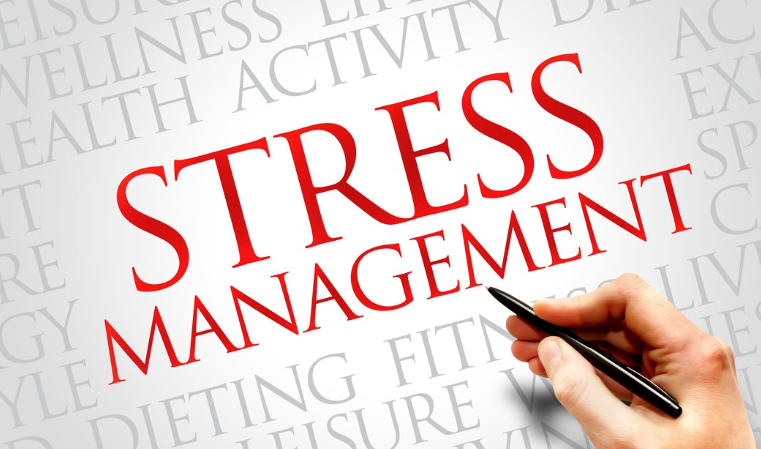Feeling overwhelmed by stress? While some stress is a normal part of life, there are times when it can escalate and leave you feeling on the verge of a breakdown. A breakdown occurs when intense mental or emotional stress becomes so overwhelming that it interferes with your ability to function in daily life. Signs of mounting stress often appear in both your thoughts and behaviors, and recognizing them early can help you manage stress before it leads to a crisis. With International Stress Awareness Week recognized from November 5-9, now is the perfect time to focus on effective ways to manage stress and maintain your mental well-being.
Recognizing the Signs of Stress
Stress can manifest in a variety of ways, both mentally and physically. Here are some common signs that your stress levels may be spiraling:
What it sounds like in your thoughts:
- “I can’t take this anymore.”
- “I can’t keep doing this.”
- “I’m losing it.”
What it might look like:
- Frequent crying
- Anger, outbursts, or irritability
- Difficulty focusing or concentrating
- Trouble sleeping (insomnia)
What it might feel like:
- Extreme fatigue
- Restlessness
- Hopelessness
- Fear or anxiety
Take a moment to check in with yourself. Do any of these signs resonate with how you’re feeling? If so, it may be time to put stress management techniques into practice to prevent reaching a breaking point.
Effective Stress Management Techniques
When you’re feeling overwhelmed by stress, it’s crucial to have strategies in place to manage it effectively. While not every technique will work for everyone, experimenting with different approaches can help you find what suits you best.
Here are some ways to manage stress:
- Reach out for support: If you’re feeling at risk of a breakdown, don’t hesitate to call a crisis hotline such as the National Suicide Hotline at 988, or contact your local mental health crisis team.
- Take a break: Sometimes, stepping away is the best thing you can do. Go for a walk, take a run, or even take a nap to reset your mind and body.
- Prioritize mental health days: Give yourself permission to take a day off to focus on your well-being.
- Say no and cancel plans: It’s okay to cancel commitments if they feel overwhelming. Protect your energy by setting boundaries.
- Ask for help: Talk to a loved one and let them know you’re struggling. A simple conversation can provide comfort and help you brainstorm solutions.
- Practice self-validation: Acknowledge your stress and remind yourself that it’s okay to feel this way. Use logic and hopeful thinking to reassure yourself that things can and will get better.
- Plan for long-term changes: Identify areas in your life that need adjustment. Making small changes over time can help reduce stress and create a more balanced life.
Consider Professional Help
Talking to a mental health professional can also be a valuable long-term solution for managing stress. Therapies such as cognitive behavioral therapy (CBT) can help you shift negative thought patterns and develop healthier coping mechanisms. If stress is becoming unmanageable, seeking professional guidance may be the next step to regaining control of your mental health.
As we recognize International Stress Awareness Week, take this opportunity to assess your stress levels and explore ways to maintain balance in your life. Preventing stress from escalating into a breakdown is essential for your mental health, and with the right tools and support, you can navigate life’s challenges with greater resilience.


